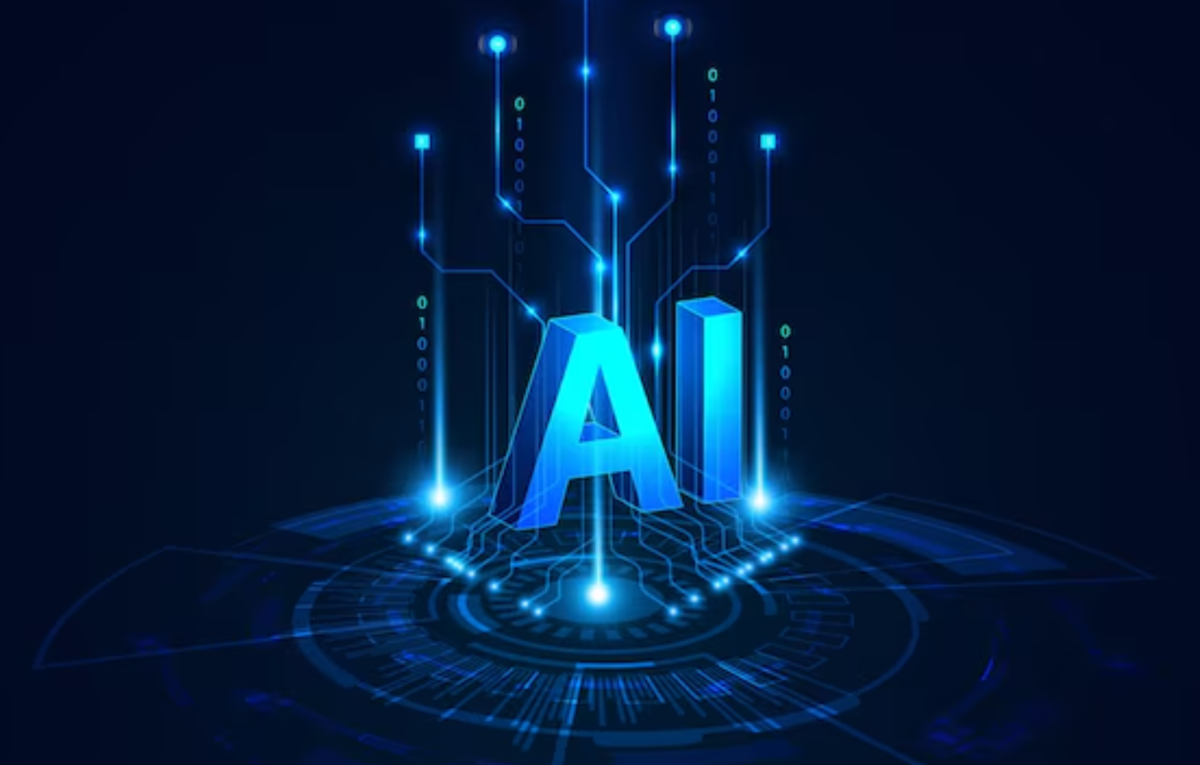OpenAI Launches New Tools for AI Agent Development

OpenAI has recently unveiled a suite of new tools aimed at empowering developers and enterprises to construct sophisticated AI agents. These tools, forming part of the new Responses API, are designed to facilitate the creation of custom AI agents capable of performing a wide array of tasks, including web searches, document analysis, and website navigation. This initiative signals OpenAI's intent to transition from theoretical AI demonstrations to practical, impactful applications.
The Responses API effectively supersedes the existing Assistants API, which OpenAI plans to discontinue in the first half of 2026. This transition reflects the company's commitment to incorporating developer feedback and enhancing the capabilities of its AI tools. Olivier Godement, the head of product for the OpenAI platform, emphasized the complexity of scaling AI agents and ensuring their consistent utility, highlighting the importance of providing developers with robust building blocks to create agents tailored to specific needs and industries.
One of the key components of the Responses API is its web search tool, built on the same model used by ChatGPT. This tool allows developers to equip their AI agents with real-time information retrieval capabilities, complete with citations. The API also includes a computer-use feature, powered by OpenAI's Operator model, which enables agents to perform tasks on a user's behalf. Additionally, a file search utility is available for sifting through large volumes of documents, catering to use cases such as customer support and legal assistance.
To further streamline the development process, OpenAI has introduced the Agents SDK, an open-source toolkit designed to help developers manage and orchestrate the workflows of AI agents. This SDK facilitates the integration of models with internal systems, the implementation of safeguards, and the monitoring of agent activities for debugging and optimization. Nikunj Handa, a product manager for OpenAI’s API team, described the Agents SDK as a means of coordinating multiple atomic units of AI functionality to solve complex tasks.
The release of the Responses API and Agents SDK builds upon OpenAI's existing developer tools, such as the Chat Completions API. OpenAI is also leveraging insights gained from the Assistants API to enhance the new Responses API, promising significant improvements based on developer feedback.
In conjunction with the API, OpenAI is providing access to the AI models underlying ChatGPT Search, namely GPT-4o search and GPT-4o mini search. These models are designed to provide accurate answers to questions by browsing the web and citing sources. According to OpenAI, GPT-4o search achieves a 90% accuracy rate on the SimpleQA benchmark, while GPT-4o mini search scores 88%.
The Responses API also incorporates a file search utility for quickly scanning files in a company’s databases, with assurances from OpenAI that these files will not be used for model training. Moreover, developers can utilize OpenAI’s Computer-Using Agent (CUA) model, which powers Operator, to automate computer-based tasks through the generation of mouse and keyboard actions. OpenAI offers the option for enterprises to run the CUA model locally on their own systems, though this is currently a research preview.
Despite these advancements, OpenAI acknowledges that the Responses API does not fully resolve all challenges associated with AI agents. While AI-powered search tools are generally more accurate than traditional AI models, they are not immune to generating inaccuracies. OpenAI also notes that the CUA model is still in its early stages and may be prone to errors. The company is committed to continuous improvement and refinement of these tools.
Godement expressed optimism about the potential of AI agents, stating that they represent the most impactful application of AI. This sentiment aligns with OpenAI CEO Sam Altman's prediction that 2025 will be the year AI agents enter the workforce. Whether this prediction holds true remains to be seen, but OpenAI's latest releases indicate a clear shift towards practical AI tools and away from mere demonstrations.













